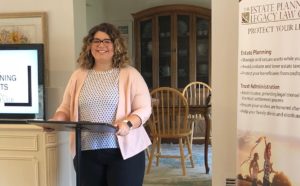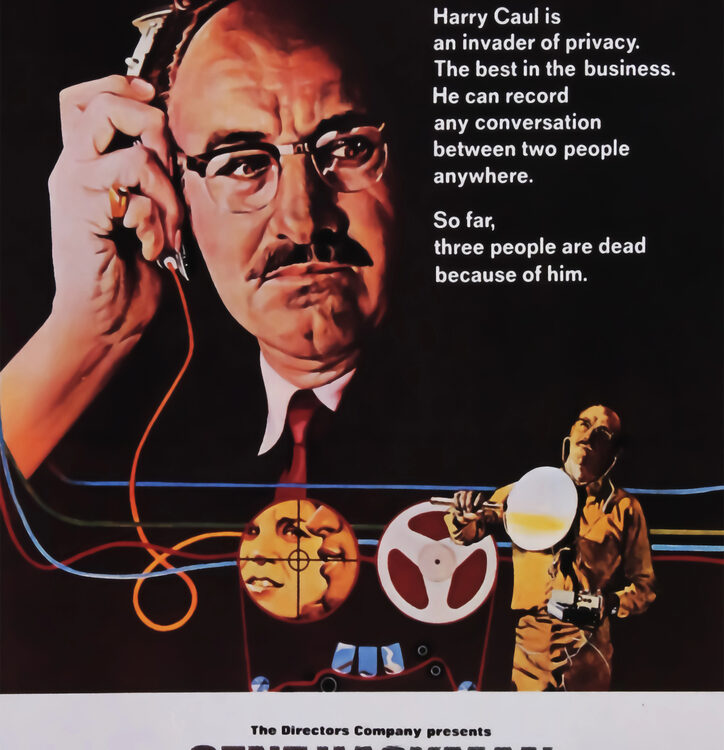What Will Happen to Aretha Franklin’s Estate?
August 31, 2018What You Need to Know About Taxes and Penalties on Unreported Foreign Assets
September 20, 2018This article was originally published on The Coast News Group
Associate attorney Shoshannah Hart from the Estate Planning & Legacy Law Center in Carlsbad stopped by the Rancho Santa Fe Senior Center on Aug. 24 to discuss the essentials of estate planning documents. According to Hart, it’s all about mindful planning that should be revisited on an annual basis.

Hart said the best advice is to review those documents and/or have the attorney who drafted the trust to review them periodically, too. If the original attorney is no longer available, it’s advisable to connect with a new lawyer.
“Another important thing is to make sure that you’re comfortable while you’re alive,” she said. “The Advance Health Care Directive and HIPPA Authorization are very important because they nominate agents who can make your medical decisions for you while you’re living, but no longer have the capacity to make those decisions on your own. Besides the wealth and passing that on, we just want to make sure you’re comfortable while you’re alive and that someone you trust is making decisions for you.”
Hart said it’s very common to overlook updating these documents.
“Generally, people execute their trust and their estate plan, and they think that it’s done, but it’s a living document,” she said. “It’s called a Revocable Living Trust, it lives and changes with you and needs to be changed as your life changes.”
Hart went on to say health care directives have authorizations and powers of attorneys. The very nature of these documents is the reason attorneys advise people on updating them more frequently, she said.
Hart pointed out that these health care directives are only as good as the gatekeeper accepting them.
“If a nurse, hospital, or a bank, for instance, does not want to accept the document because it’s too old, and there might be a newer one out there, there’s nothing you can do at that time because the person is already incapacitated,” Hart explained. “So just make sure, at minimum, that the incapacity documents are updated with fresh dates.”
While some may tend to procrastinate in reviewing or updating estate planning documents and health care directives, Hart said people do end up feeling better when it’s done.
“It’s like spring cleaning or changing the batteries in your smoke alarm,” she said. “Make sure it’s done once a year — you don’t have to update it once a year but at least look at your estate plan and review it on your own annually. If you think something has changed, contact your attorney.”
For every client, Hart said, her mission is to educate. It’s empowering clients by having them leave her office knowing more than they did when they walked in. It’s also an opportunity for Hart to dissolves any myths.
Hart admits that one of the biggest myths is that a Revocable Living Trust will protect someone’s assets from creditors while they are alive.
“So, by putting your home into trust while you’re alive, if someone sues you, your assets are still subject to creditors unless you have some other way of solving that issue — but the trust itself is not going to solve that,” she said.
From all the areas of law Hart could have ventured into, she was intrigued with estate planning. In fact, she worked for Legal Services for Seniors in Monterey County during her very first job in law school. This nonprofit and taught Hart the foundations of estate planning.
“A lot of what we did there was complimentary estate planning documents like wills and health care directives,” she said. “When clients came in, they were very upset and confused, but when they left, they were happy. I could hear an audible exhale of their relief once these documents were done — it just made me feel good that I was truly helping my clients.”



